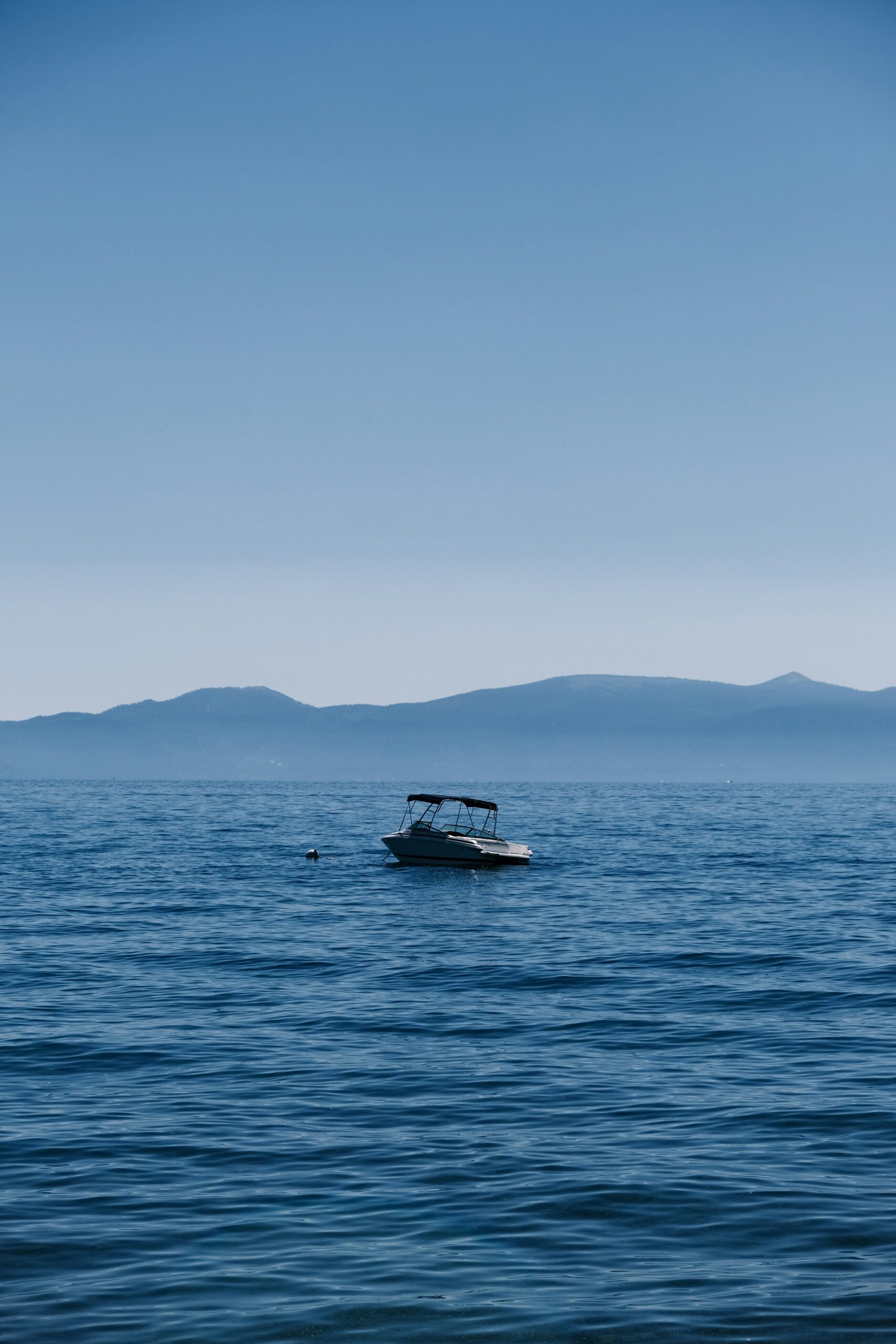
In a striking defiance of Greece’s tougher asylum policies, the island of Crete has experienced an unexpected surge in migrant arrivals from North Africa. Greek authorities report intercepting over 120 refugees and migrants off Crete’s shores, with more than 100 others arriving over a recent weekend, highlighting the ongoing migration crisis in the Mediterranean.
Key Facts
- More than 120 refugees and migrants were intercepted near Crete, arriving from Libya in two separate boats.
- Greece has halted asylum processing for migrants arriving by sea from North Africa since July.
- The Greek government’s strict measures include a proposal for imprisonment and mandatory ankle monitors for denied asylum seekers.
Background
The current migrant surge comes amid Greece’s implementation of a stringent detention and deportation policy aimed at deterring illegal crossings. The policy includes the suspension of asylum claims for sea arrivals from North Africa, a decision fueled by a peak in crossings that reached over 2,500 in a single week of July. Despite these measures, the flow of migrants to Crete continues, challenging the effectiveness of the government’s deterrent strategy.
Government and Local Tensions
Greece’s conservative administration, led by Prime Minister Kyriakos Mitsotakis, has faced criticism both domestically and internationally for its hardline approach towards migrants. This includes constructing barriers at its northern land borders and increasing sea patrols. Tensions have escalated with regional authorities in Crete over the government’s plans to establish a permanent transit facility on the island, a move met with local opposition.
Humanitarian Concerns and International Reactions
The plight of migrants attempting the perilous journey from North Africa to Europe remains dire. Rights groups and United Nations agencies have repeatedly condemned the systematic abuses faced by refugees and migrants in Libya, including torture and extortion. The recent deaths of at least 26 people in a shipwreck off the Italian coast underscore the ongoing humanitarian crisis. The UN High Commissioner for Refugees has reported that 675 people have died this year attempting the central Mediterranean crossing.
What’s Next
The Greek government is preparing legislation that could further tighten measures against migrants, proposing imprisonment for those whose asylum applications are rejected and the use of ankle monitors during the compliance period prior to deportation. As the international community watches closely, the effectiveness and human rights implications of Greece’s immigration policies continue to be a subject of intense debate and scrutiny.